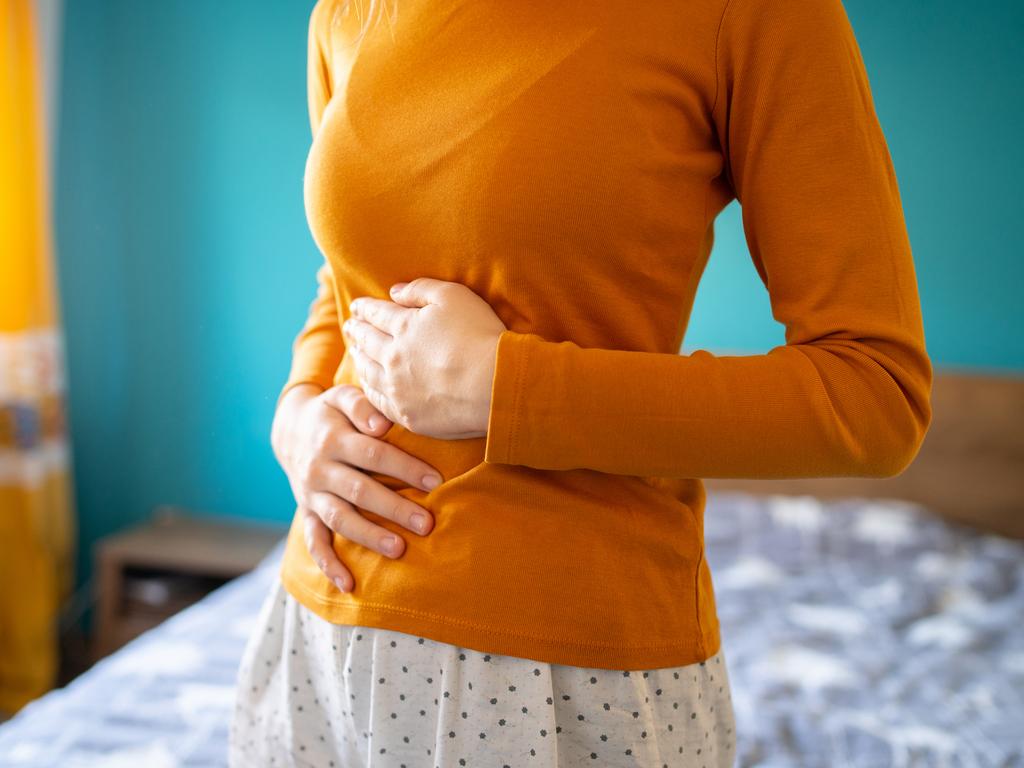Menopause and perimenopause – cutting through the hype
This discussion is now at the forefront of women’s health, and a whole-of-society approach is recommended to destigmatise this naturally occurring life event.

Stigma, shame and dread surrounding this natural transition to infertility has been shrouded in silence by most cultures, due to the confinement of women to their roles as childbearers and carers. Ageist stereotypes are an issue for all of society to address and it is necessary to emphasise that although all women will experience menopause, not all women will have symptoms that severely impact their daily life. Around 50 per cent will notice changes which they describe as manageable, with even severe symptoms abating naturally in six months to two years. Around 15 per cent can be affected so that they no longer feel they can participate in daily life as they used to. Others will describe this as the best time of their life but most importantly, knowing what to expect and having management options can be empowering. Trustworthy information and resources can be accessed from the Jean Hailes Foundation, which was established in 1992.
Ovaries don’t just suddenly switch off, unless surgically removed or affected by radiotherapy or chemotherapy; their production of hormones fluctuates during the perimenopause, resulting in missed periods for several months followed by unexpected deluges of heavy menstrual bleeding. Many women reading this will relate to being caught off guard in the most inconvenient settings such as work or at a social function and needing to leave rapidly. Others play roulette with contraception thinking that they must have reached menopause, however hormonal surges can stimulate ovulation twice in a cycle which means the risk of pregnancy remains a concern.
Symptoms can also include fatigue, hot flushes, sleep disturbance, brain fog, skin and mood changes, weight gain, loss of interest in sex, vaginal dryness, bladder symptoms and joint pains which can herald the onset of auto-immune diseases, to name a few. Many will develop loss of bone density with subsequent height loss and even osteoporosis.
Competing responsibilities of caring for ageing parents, raising children and working also occur during this time, which means that women’s exposure to social and economic disadvantage increases, as they might choose to turn down a promotion or even cease working at a time when they can least afford to, resulting in poverty during retirement.
It is especially important to breakdown the stigma around this phase as most of the severe symptoms can resolve with appropriately matched menopausal hormone therapy (MHT), formerly called hormone replacement therapy (HRT) and the length of time a woman takes this for will depend on her own symptoms, risk factors and health.
The current thinking is that taking MHT for five to eight years from the onset of menopause, is safe for most, that it has minimal impact on breast cancer risk and that it reduces cardiovascular disease risk. Exceptions to this exist which includes those with a history or risk of breast cancer, gynaecological cancers, clotting disorders, and poorly managed chronic disease, to name a few.

The newer forms of MHT include gels, patches and oral hormones that are “body-identical”, which means “like those naturally produced”, and are administered in lower doses to those prescribed 30 years ago, and featured in the Women’s Health Initiative (WHI) study of 2002. The WHI has since been discredited for conducting the research on an older cohort with significant risk factors. Sadly, the WHI media hype frightened generations of women away from MHT and resulted in most doctors not prescribing MHT for close to 20 years.
Re-education of the medical profession and community is now under way to address the unmet needs of women and with this, there has been a surge in demand for prescriptions of the newer generation hormone patches. Supply chains were severely interrupted during the Covid-19 pandemic which continues to this day and recently, the Therapeutic Goods Administration recommended that no new patients be prescribed these until supplies can be restored, which is estimated to be at the end of 2025. The TGA has approved “the supply of multiple overseas-registered estradiol-containing transdermal patch products”, however, not all women respond well to the substitutes. This amounts to a four-year supply shortage for some midlife women who are at their busiest stage of life.
Nonhormonal treatments, aside from MHT can also be beneficial and a holistic approach which includes a diet rich in phytoestrogens, exercise, good sleep hygiene, dressing in layers, controlling room temperature and cognitive behavioural therapy can help women get through the tricky part of this phase. We should acknowledge that this is a time when women can take pride in knowing that their roles in society, the workplace and the lives of those who rely on them, forms the backbone of community. Having a strong sense of self, being well informed and taking time to focus on health and wellbeing can help reframe this, as a chapter of opportunity.
Women sometimes ask whether MHT will prevent dementia and the status on this is that age-related cognitive decline is caused by the same lifestyle factors that cause heart disease. This means that maintaining a healthy lipid profile, preventing diabetes, controlling blood pressure, doing regular exercise which includes resistance training, not smoking, limiting alcohol intake and maintaining a healthy weight through a mainly Mediterranean-style diet, is the best form of disease prevention. Interestingly, heart disease incidence increases after the menopause, and although some suggest that taking MHT early in the menopause might have some preventive benefits, cardiologists do not currently recommend them. Other recommended preventive health measures from around 50 onwards, depend on family history and risk factors but as a minimum, should include a cervical screening test, two-yearly mammogram and bowel cancer screening tests, skin checks and a baseline bone density screen. For women reaching premature menopause (younger than 40), this should all commence earlier and MHT can be taken until the usual age of menopause.

Discomfort during sex or bladder symptoms are issues few women will raise with their doctor unless asked directly, especially if they are in a new relationship. As a GP who often sees both members of a couple my recommendation is that women monitor themselves for any hormonal changes affecting the genital and bladder region and that males ask if their partner experiences discomfort with sex. Regarding Viagra or other similar medication, it makes sense to ask how their partner feels about this first, before requesting a script from their GP.
The recent national inquiry into menopause and perimenopause acknowledges that society has mostly neglected to sensitively address the health issues that women face during this time. This discussion is now at the forefront of women’s health, and a whole of society approach is recommended to destigmatise this naturally occurring life event. Menopause is not just about declining hormones as it coincides with a complex life stage when women play important roles as contributors to society. Gaining knowledge is empowering and making informed decisions with the help of an updated GP will ensure a smoother passage through this phase.
REFERENCES
- Jean Hailes Foundation
- The Women’s Health Initiative
- Petra Stute, Jo Marsden, Noor Salih, Angelo Cagnacci, Reappraising 21 years of the WHI study: Putting the findings in context for clinical practice, Maturitas, Volume 174, 2023, Pages 8-13, ISSN 0378-5122
Associate Professor Magdalena Simonis AM is a St Kilda GP and an expert in women’s health.
This column is published for information purposes only. It is not intended to be used as medical advice and should not be relied on as a substitute for independent professional advice about your personal health or a medical condition from your doctor or other qualified health professional.





Menopause is a biologically normal phase that occurs in all women and people with ovaries at around 51 years of age but can occur somewhere between the ages of 45 and 55, or even later. It is officially reached around 12 months after the last period and signifies that the ovaries have stopped releasing eggs and no longer produce the hormones oestrogen, progesterone and testosterone. It is also the time where work, personal health and carer responsibilities intersect, which can complicate the way it presents and is experienced. Menopause is preceded by the perimenopause, which is the phase that begins on average two to five years prior. Around 4 per cent of women will reach menopause before their 40th birthday, with 12 per cent before turning 45, which means those who leave child-bearing until later in life might unexpectedly miss that window of opportunity due to the “career versus family” conundrum, which only women face.